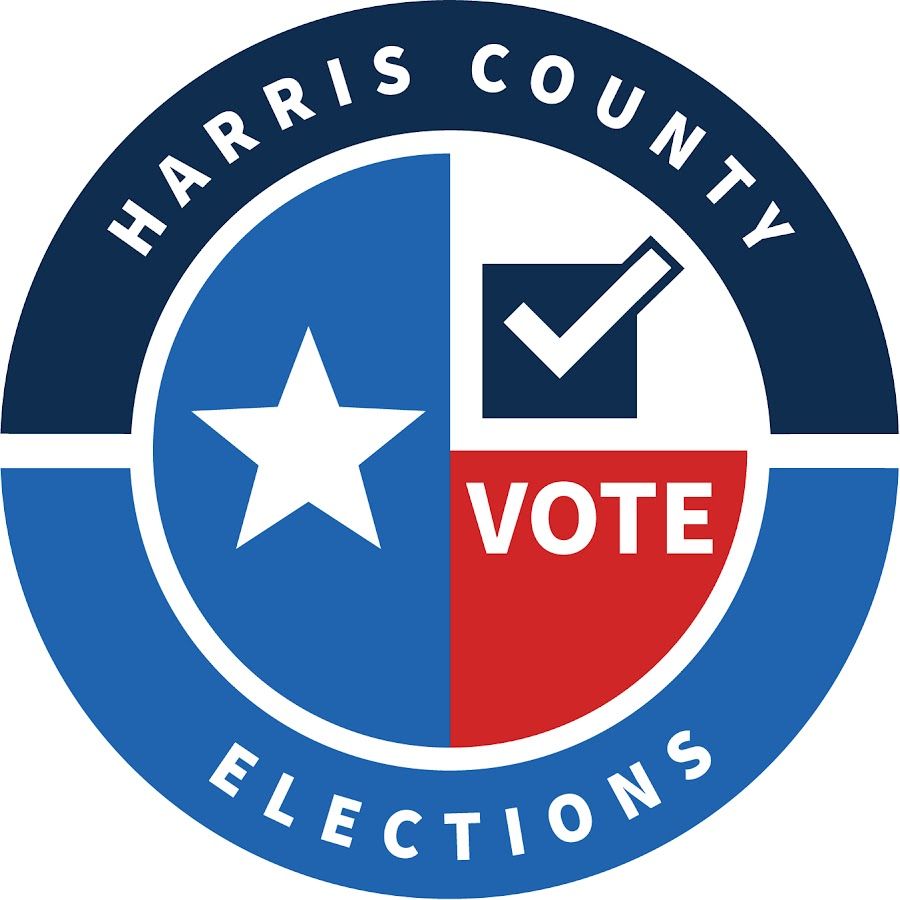
Qualifications: What characteristics and experience qualify you to serve as a justice?
I have been a prosecutor for twelve years. I have handled hundreds of criminal appeals. I am Board Certified in Criminal Appellate Law. I am very knowledgeable of appellate law.
Ethics: Since judicial candidates solicit donations and raise money to be elected, how can voters be assured that campaign donations will not impact how judges interpret the law and review lower court decisions?
The only security against corruption--whether from donations or bribes or self-dealing--is electing honest people.
Judicial Elections: How would the administration of justice be impacted if judges ran in nonpartisan races?
In urban areas like Houston, partisan selection encourages underqualified individuals to run in the Democratic primary, which is often decided by identity politics rather than skills or qualifications. Nonpartisan selection would reduce this practice. Choosing judges based on experience and qualifications rather than identity will improve the administration of justice.
Equity: What can be done to improve access to justice for all, including persons or groups who may be underserved?
Vigorous enforcement of laws at all levels of the judiciary will make the justice system more equitable. The underserved are more likely to be victims of crime, and victims do not get representation in courts. We can improve underserved victims' access to justice by enforcing the law vigorously and equally regardless of a victim's socioeconomic status.
Court System: What effect will the new business court and statewide court of appeals have on the administration of justice in Texas?
I hope that having specialized judges hear cases within their specialty will improve the speed and accuracy of results.










